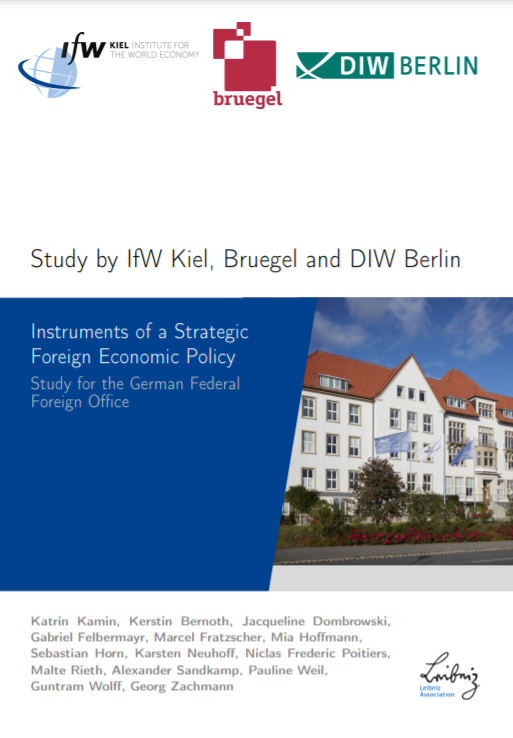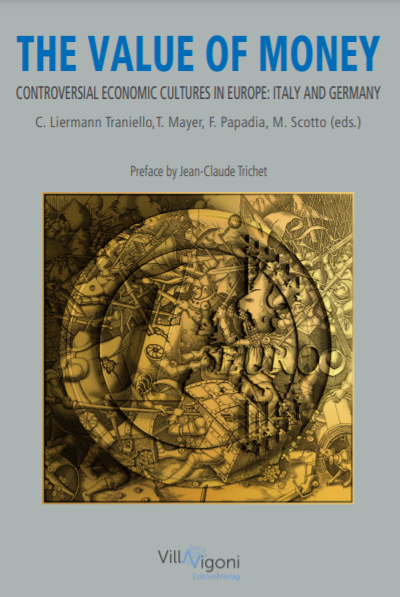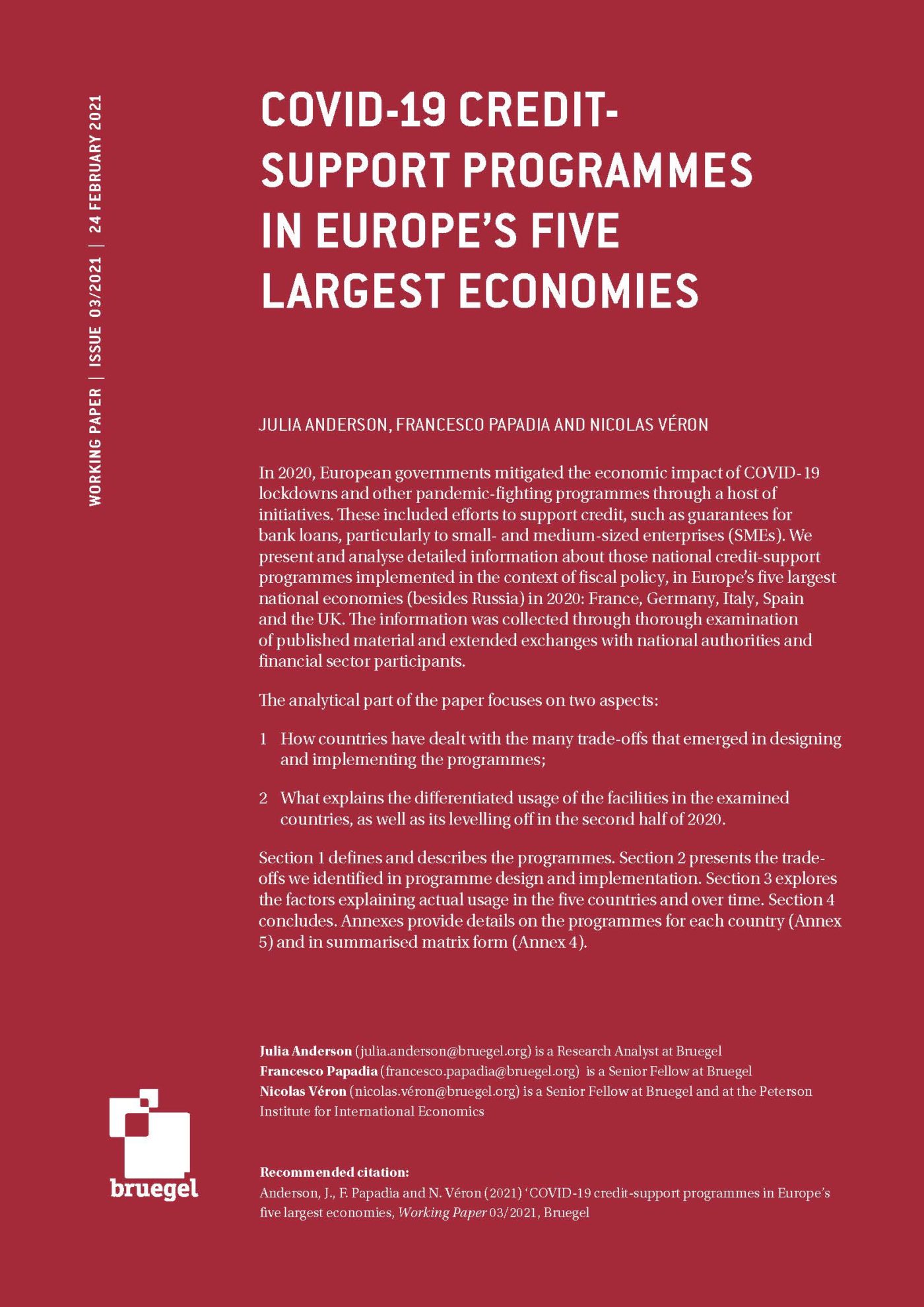Blog Post
What is the financial balance of EU membership for central Europe?
EU membership led to major financial and economic advantages to central European Member States, partly by encouraging foreign investment. Widespread foreign ownership of capital brought many benefits but also resulted in large profits. Since central European governments are doing their utmost to attract even more foreign capital, foreign profit is set to increase further.
Between the 2004 EU enlargement and 2017, gross national income (GNI) at constant prices grew by 23% in Hungary, 37% in the Czech Republic, 62% in Poland and 67% in Slovakia (see the figure below).
I intentionally show GNI and not GDP, because GNI does not include the primary income payable to the rest of the word, such as the profit of foreign companies.
Most likely, EU membership played a strong role in these huge GNI growth rates – by improving market institutions and the protection of property rights; by attracting foreign investment that brought new technologies and management skills, and created new jobs not just in the new factory but also for many domestic suppliers; and perhaps the inflow of EU funds also supported the development of key infrastructure and competitiveness.
Some of these effects started to improve the economic outlook well before the 2004 enlargement since foreign investors were anticipating EU enlargement. The chart also shows the growth from 2000-2017, which is even more spectacular: Slovakia almost doubled its gross national income in this period and all four countries far outpaced Germany.
One could also look at the number of central European workers working in western Europe, or of central European students studying there, or of central European researchers cooperating with western European researchers and institutions. Such opportunities, which were largely facilitated by EU membership, bring direct financial benefits to the people involved and also benefit their home countries.
Therefore, on many accounts, EU membership has been a great economic and financial success for the new EU members. Certainly, there are aspects of EU membership that central Europeans view critically, just as there are characteristics of central Europe which are disliked by older Member States. But the big picture is that the EU’s eastern enlargement was a great economic success and this should be the overall message. It is therefore puzzling that anti-EU sentiment is on the rise in central Europe.
Unfortunately, a chart is spreading through social media published by the renowned social scientist Thomas Piketty, one of the greatest and most influential scholars of inequality, which could fuel anti-EU sentiment further. While Piketty does not say that EU membership and the associated foreign investment led to a financial loss for central Europe, the chart and the accompanying text might suggest such a conclusion for those who are not familiar with the interpretation of the indicators shown.
Piketty endorses the argument that “the rate of return on the private investment from the West was high and that the flows of profits paid today to the owners of the firms far exceeds the European transfers going in the other direction” and argues that “the annual outflow of profits and incomes from property … [reduces] commensurately the national income of these countries”. Such words, and a chart showing that EU transfers to central Europe are much smaller than the property income payable to the rest of the world, might unintentionally suggest that EU membership leads to a net financial loss to the central European countries considered.
Since this chart has received quite some attention, let me highlight that such a conclusion cannot be drawn from it.
Conceptually, EU transfers are predominantly grants aiming to support the convergence of low-income regions. Profits are returns on earlier investments – investment is not philanthropy and investors expect a return. So the two indicators are completely different in nature.
Beyond the conceptual difference, there are several problems with the profit indicator used by Piketty, as also highlighted by, for example, Gábor Oblath and Tamás Mászáros (for Hungarian readers). Piketty’s indicator includes all interest income, including the interest paid on public debt to foreign lenders: the EU and western companies should not be blamed for the public debt of central European countries.
Piketty’s indicator also includes reinvested profits – that is, part of the profit of foreign companies that has not flown out of central Europe but has been invested there. So the phrase “outflow” is incorrect. Piketty’s indicator includes primary income paid to all countries of the world; what can be learned by comparing, for example, the EU transfers to Hungary with the profits that the Hungarian subsidiaries of the Japanese Suzuki or the South Korean Hankook Tires make?
Furthermore, most of the profit earned by manufacturers in central Europe is related to their exports to Germany, China and other countries of the world – so a large part of the profits concerned is paid by consumers outside central Europe. It is therefore hard to see how a large share of the “outflow of profit” reduced the incomes of local central Europeans.
Yet a more fundamental problem is that even a properly calculated profit outflow indicator would be completely unsuitable for assessing the financial balance of EU membership and foreign ownership of companies. That would require estimating the hypothetical development of national income under a counterfactual scenario without any foreign investment in central Europe and without EU membership. Such calculations would be quite challenging. My strong view is that central European economies would have grown much less without foreign investment and EU membership.
In fact, after dedicating four paragraphs to the assessment of his inappropriate chart, Piketty mentions in passing that foreign investment might have boosted productivity, but immediately weakens this claim: “Of course, one might reasonably argue that Western investment enabled the productivity of the economies concerned to increase and therefore everyone benefited. But the East European leaders never miss an opportunity to recall that investors take advantage of their position of strength to keep wages low and maintain excessive margins (see e.g. this recent interview with the Czek (sic) prime minister).”
Well, if the Czechs have such adverse views of foreign companies then why do they try to attract them with as much state aid as possible? Of the 50 largest state aid receivers in the Czech Republic in 2000-2017 for which data is available, 39 were foreign-owned companies and only 11 Czech-owned, with the most significant state aid going to the Czech establishments of Hyundai (South Korea), Nemak (Mexico), Nexen Tire (South Korea) and Toyota-Peugeot-Citroen (Japan, France). State aid could include corporate income tax relief for 10 years, cash grants for job creation up to CZK 300,000 (approx. €12,000) per job, cash grants for training of up to 50% of training costs, and cash grants for the purchase of fixed assets of up to 10% of such costs.
Other central European countries offer similar benefits and compete with each other to attract new foreign investment, see for example this Polish scheme. Recent examples of state aid include Slovakia’s efforts to attract Tesla and Hungary’s ambition to attract the South Korean battery-cell producer SK Innovation.
All these new foreign investments will increase further the stock of foreign capital in central Europe and, with some delay, will increase the profits these companies take out. So, a few years from now, we will see an even larger income on foreign capital in central Europe – for the reason that central European governments are doing their utmost to attract even more foreign capital.
Is it true that foreign companies “keep wages low”? No. While the rate of return on foreign direct investment in central Europe is indeed large, multinationals tend to pay higher wages than local firms. See, for example, evidence for the Czech Republic, for Poland, for some other countries (here and here), for an increase in wages after foreign takeover in France, and for a comprehensive literature survey refuting the populist view that foreign companies pay low wages, worsen working conditions and repress worker rights.
The east-west political rift is indeed a key challenge of the EU, but the reason for this rift is not that foreign companies exert undue impact on central Europeans or that EU membership has led to a financial loss. Instead, the puzzle is to understand the reasons for the anti-EU sentiment of central European governments despite the huge economic and financial benefits that EU membership brought.
Republishing and referencing
Bruegel considers itself a public good and takes no institutional standpoint. Anyone is free to republish and/or quote this post without prior consent. Please provide a full reference, clearly stating Bruegel and the relevant author as the source, and include a prominent hyperlink to the original post.










